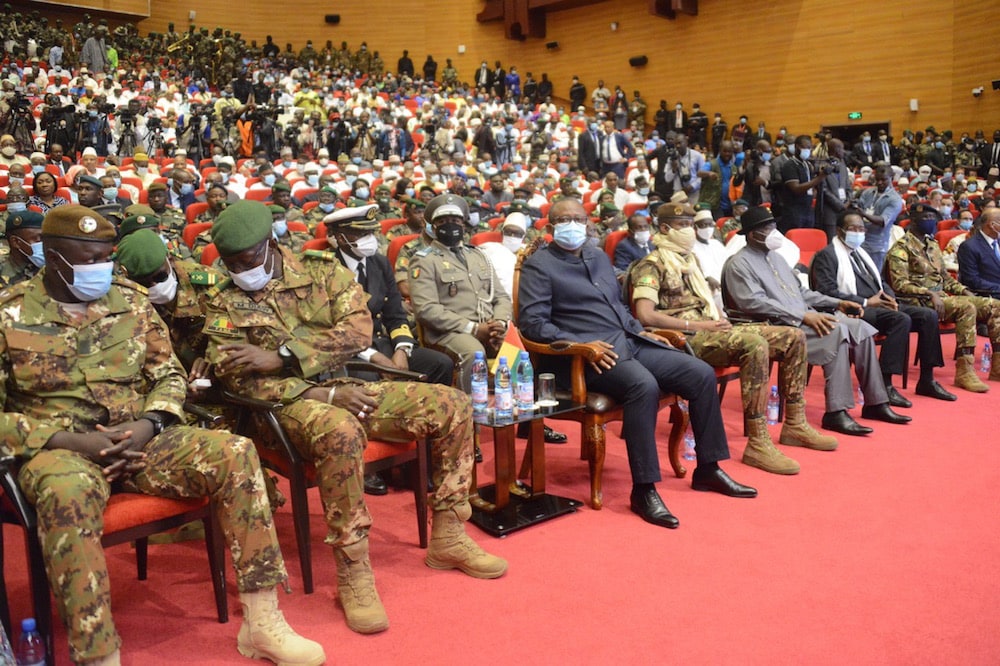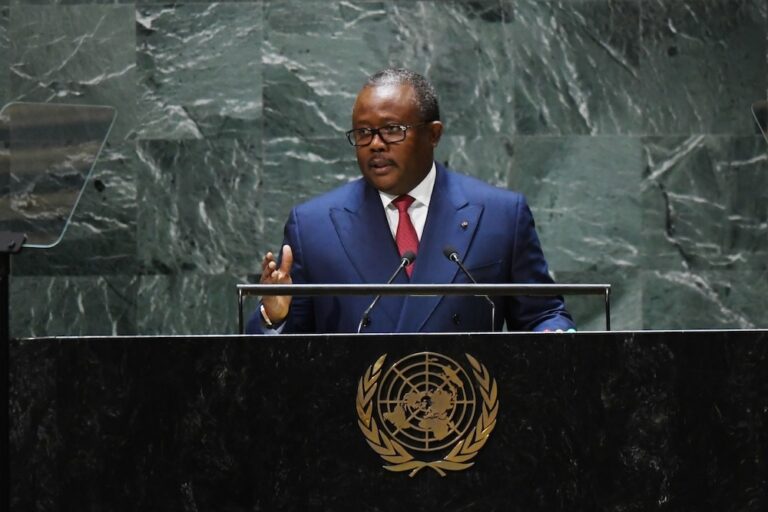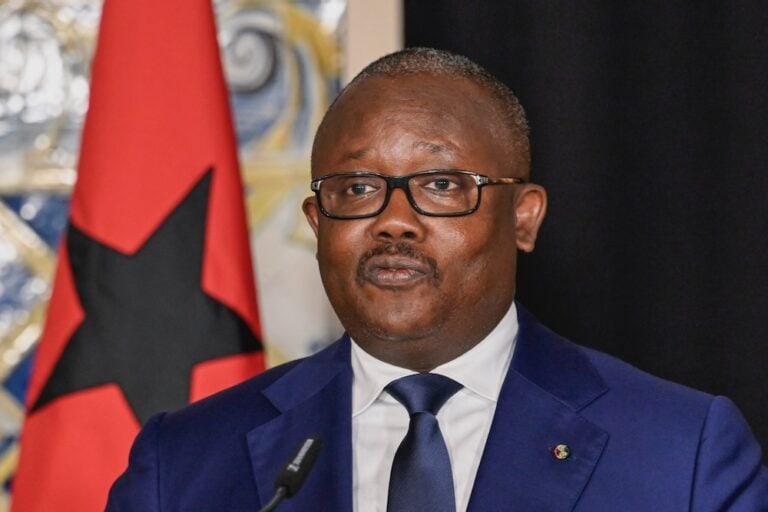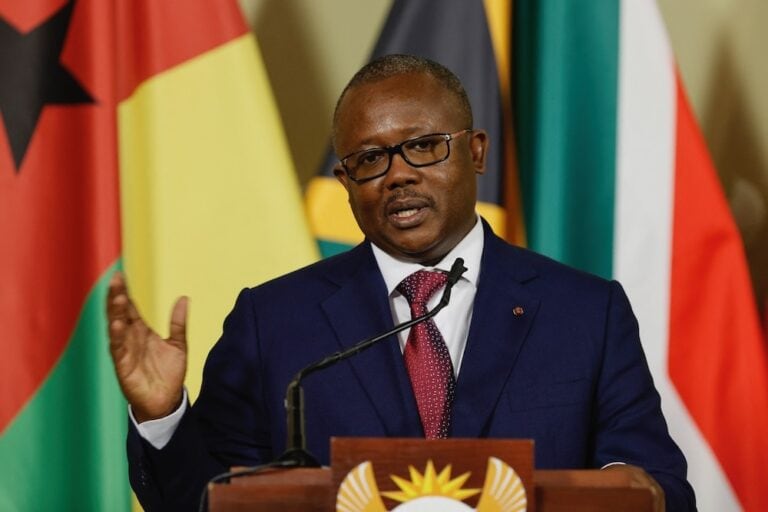António Aly Silva edits the privately owned news website "Ditadura de Consenso', which frequently criticizes the country’s government and President Umaro Sissoco Embaló.
This statement was originally published on cpj.org on 16 March 2021.
Authorities in Guinea-Bissau should thoroughly investigate the attack on journalist António Aly Silva and ensure those responsible are held to account, the Committee to Protect Journalists said today.
At about 2 p.m. on March 9, in Bissau, the capital, four men in plain clothes abducted Silva at gunpoint, drove him out of the city, threatened and robbed him, and beat him unconscious, according to the journalist, who spoke to CPJ via messaging app, and media reports. He told CPJ he did not know the attackers’ identities or motives.
Silva edits the privately owned news website Ditadura de Consenso, which frequently criticizes the country’s government and President Umaro Sissoco Embaló.
Silva said Embaló had recently called him to complain about an article critical of the Guinea-Bissau government’s decision to pay for a plane chartered by the president of Cape Verde.
“He threatened to put me in my place and then this happens,” Silva said.
“Authorities in Guinea-Bissau must thoroughly investigate the appalling assault on journalist António Aly Silva, determine the motive, and fully prosecute those responsible,” said CPJ’s Africa program coordinator, Angela Quintal, in New York. “President Embaló should send a clear message that attacks on the press will not be condoned, and publicly commit to press freedom in Guinea-Bissau by ensuring Silva’s safety and that of all journalists in the country.”
The four men stopped Silva’s vehicle at gunpoint on a busy Bissau street, forced him out, and shoved him into an unmarked white van; they then drove him to Alto de Bandin, an industrial area about 10 minutes from the city center, he told CPJ.
There, the men threatened him with an AK-47 rifle, and forced him to unlock his phone and provide his password, Silva said. They also covered his eyes with his shirt, tried to choke him, and punched and beat him with their rifles until he lost consciousness, he said.
“They were yelling that they were there to kill me,” Silva said, adding that his attackers did not refer to his reporting or say anything else, and that they also stole his wallet and phone.
Silva regained consciousness after passersby arrived and helped him. They took him to a nearby road and he hitched a ride to an infirmary run by the United Nations Development Program, where he was treated and given painkillers. The attack left him with bruises and cuts on his body and head, and a cut to his tongue, which made talking and eating difficult, Silva said.
He described the experience as “a day of pure terror.”
He said the men wore civilian clothes, although he did notice that three of them wore what appeared to be olive-green military t-shirts under their clothes.
Silva told CPJ and Portugal’s Lusa news agency that he had not gone to a public hospital or opened a case with the police, because he did not trust public institutions.
The non-profit Guinean Human Rights League (LGDH) filed a complaint with the judicial police on his behalf, according to Silva and LGDH vice-president Bubacar Turé, who spoke to CPJ via phone. Following the attack, LGDH joined 22 other groups in a statement in support of Silva, and calling on Embaló to ensure that peace, security, and safety were upheld in the country.
Contacted by CPJ via messaging app, a spokesman for the public prosecutor’s office, Queba Coma, forwarded a press release condemning the attack, and saying it had opened a formal inquiry to identify and prosecute those who attacked the journalist.
Presidential spokesperson Pamela Ferreira told CPJ via messaging app that the president was “not a violent person,” and cited media reports in which Embaló denied any involvement in the attack.
“The president has personally instructed the competent authorities, the public prosecutor and the minister of interior to fully investigate the attacks,” she told CPJ. Ferreira said she did not know anything about whether the president had called Silva, and could not comment on it.
In 2012, CPJ documented how soldiers arrested Silva and threatened him with death, prompting him to flee the country. Silva told CPJ that he has been repeatedly arrested, beaten, and harassed over his work since 1992.



